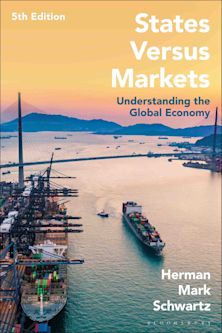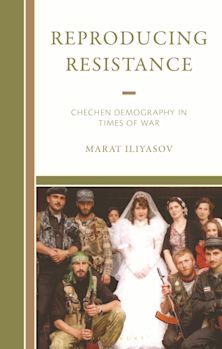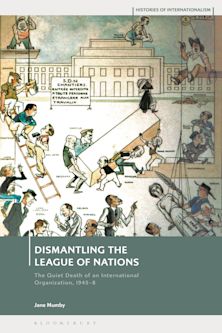- Home
- ACADEMIC
- Politics & International Relations
- International Relations - Other
- After Involuntary Migration
This product is usually dispatched within 2-4 weeks
- Delivery and returns info
-
Flat rate of $10.00 for shipping anywhere in Australia
You must sign in to add this item to your wishlist. Please sign in or create an account
Description
Some 35 million involuntarily displaced people live in refugee camps in over 90 countries; many have done so for decades and live among generations of their families. The camps now constitute towns and villages of their own, with ad hoc social and political systems and complicated relationships with the governments that house them. In After Involuntary Migration Milica Bookman provides the first comprehensive analysis of the political economies of refugee camps. Drawing on research from in-depth studies of over thirty such settlements, the book illustrates the economic interaction between the camps and their neighboring host communities. Bookman examines the forms of legitimate and illegitimate discrimination that restricts the camps' participation in their host economies and explores the different ways democratic, market-oriented countries and those with command economies approach the camps on their fringes. With emphasis on the social politics of the encampments, After Involuntary Migration gives direction to the policymaker and insight to the social scientist.
Table of Contents
Chapter 2 Encampments in a Two-Tier World
Chapter 3 The Microeconomy of Encampments
Chapter 4 Encampments in the Domestic Pecking Order
Chapter 5 Encampments in the International Economy: The Effect of Globalization
Chapter 6 The Persistence of Nationalism and Conflict
Chapter 7 Conclusion
Product details
| Published | 09 Sep 2002 |
|---|---|
| Format | Paperback |
| Edition | 1st |
| Extent | 246 |
| ISBN | 9780739104279 |
| Imprint | Lexington Books |
| Dimensions | 227 x 153 mm |
| Series | Program in Migration and Refugee Studies |
| Publisher | Bloomsbury Publishing |
About the contributors
Reviews
-
[This work] is challenging, thought provoking, and it is certainly refreshing to find an analysis of refugeehood from the perspective of political economy. While political economists have looked at integration issues, actually taking the encampment as the heart of the analysis is something new, and very useful. It has to be hoped that the volume inspires more input from economists to the study of forced migration, and it is certainly a valuable contribution in itself.
Joanne van Selm, Migration Policy Institute
-
This sustained and systematic analysis of encampments is a very valuable contribution to the literature on refugee studies.
Ralph Premdas, University of the West Indies



































